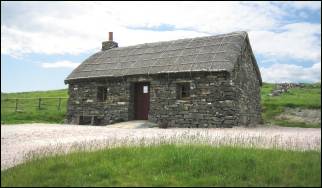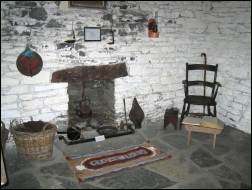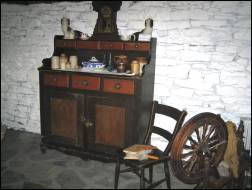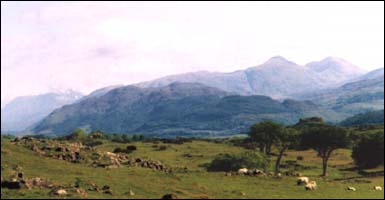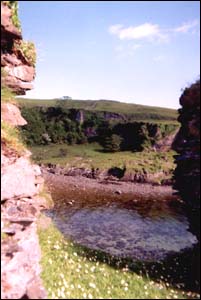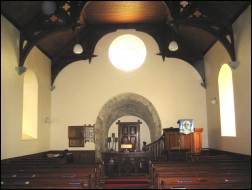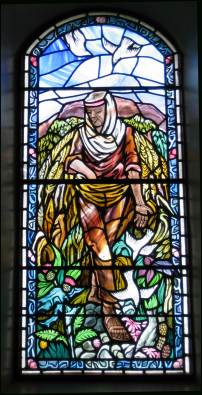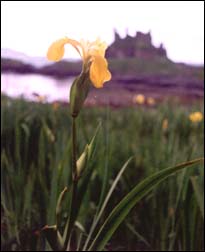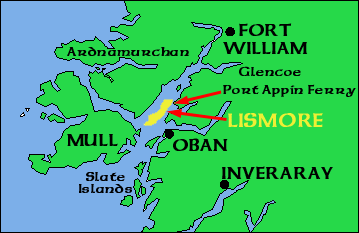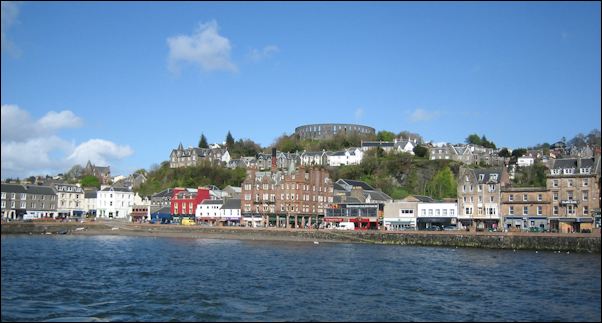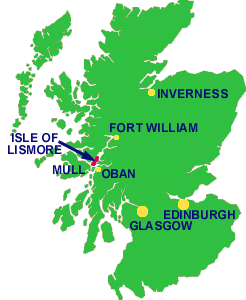Historic Castles - Ancient Monuments
- Wild Flowers & Birds

Scottish Island off the Argyll coast near Oban

Views of Mull - Morvern - Lochaber
|
Easy to reach by boat from Oban, Lismore is a lovely location to get away from it all. With a population of around 160, this friendly island still has many Gaelic speakers and is ideal for a quiet, relaxing holiday surrounded by beautiful scenery. |
 |
 |
Just 12 miles long and 1.5 miles at its widest point, Lismore is ideal for cycling and offers many interesting walks with spectacular views of the sea and mountains. The name Lismore comes from the Gaelic lios-mór meaning 'Great Garden'. With its fertile soil, the island is blessed with an abundance of wild flowers and bird life. It is estimated that there are nearly 300 different types of plant here and 130 species of birds (including buzzards, herons and skylarks). |
